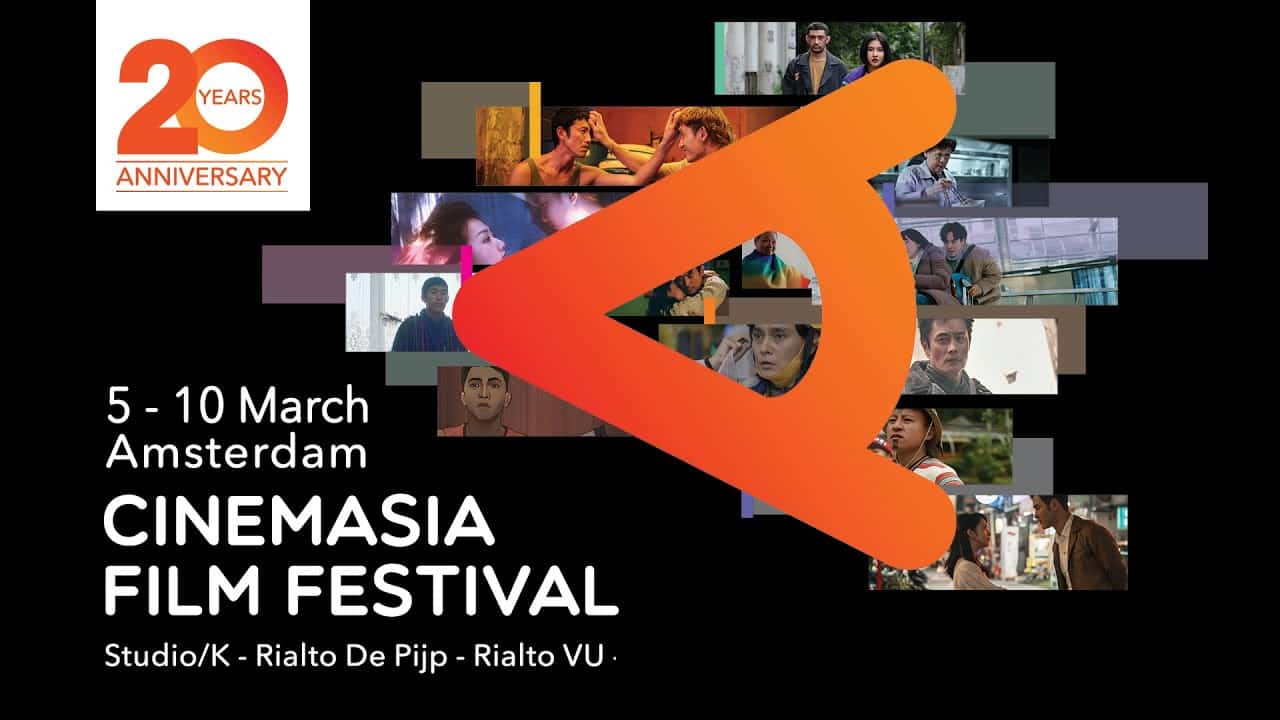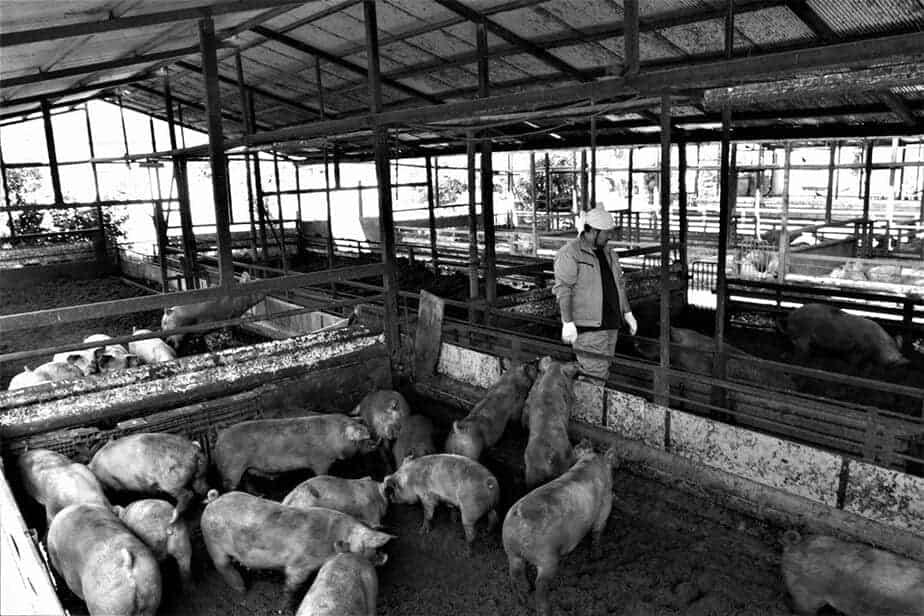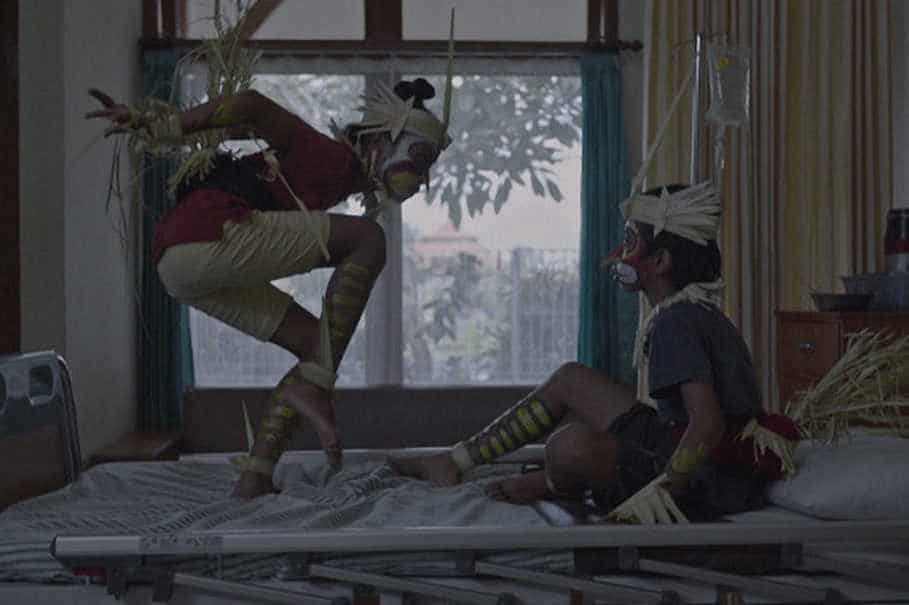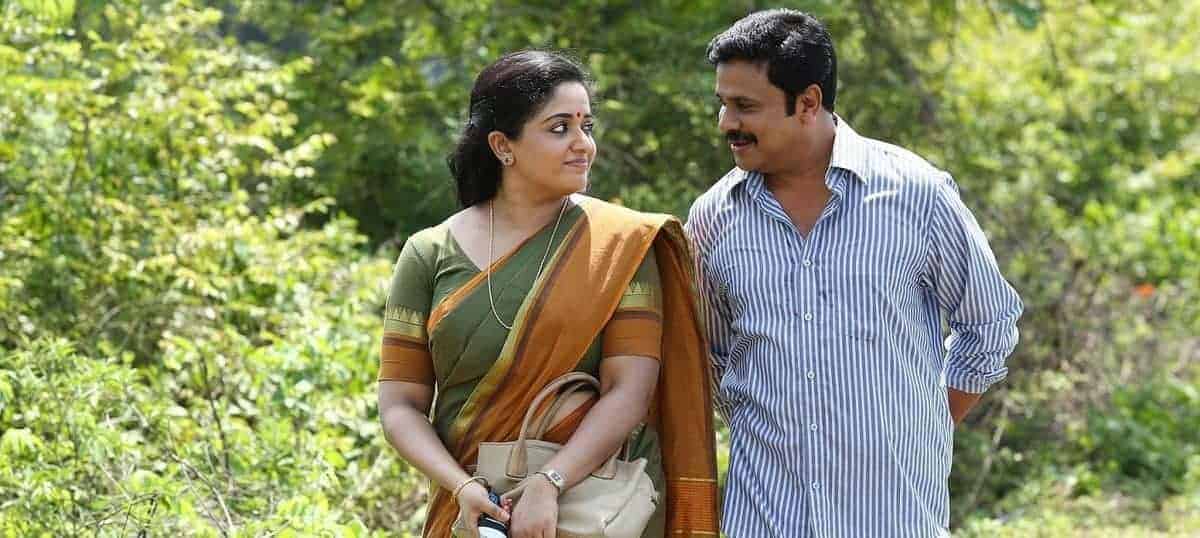“Asog” is a 2023 docufiction by Filipino-Canadian director Seán Devlin, making it his second full-length feature. It debuted at the 2023 Tribeca Film Festival and won the Grand Jury Prize for Screenwriting, International Narrative Feature at the 2023 Outfest. After “When The Storm Fades” (2018), Devlin comes back with another impactful testimony on the aftermath of Typhoon Yolanda, by mixing comedy and realism.
Asog is screening at Cinemasia

Philippines, 2013. The Super Typhoon Yolanda, also called Typhoon Haiyan, devastated the country. It killed thousands of people and destroyed entire towns and islands. Life hasn't been easy since the natural disaster struck the territory, and its citizens still have to get back on their feet. Jaya (Jaya), a non-binary former teacher and comedian, loses their TV show as the studio is washed away in the typhoon. Meanwhile, one of their former students, Arnel (Arnel Pablo), is left alone at home as he recently lost his mother and his father is away. Newly unemployed, Jaya travels across the country to participate in a queer beauty pageant, hoping to win its cash prize. On their journey, they meet Arnel, headed in the same direction to look for his father. Accompanied by a classic road trip style, the dynamic sets the mood for a fun buddy movie. But it won't be a light-hearted adventure, for our protagonists must face their fears and traumas. Through their experiences and the people met along the way, the story sheds a new light on the state of a whole nation and the social and political baggage netizens carry on their backs.
As the characters pick up the pieces of their lives, Devlin's docufiction offers a unique and genuine perspective of political and national history, tackling diverse subjects with uncensored and brave commentary. It doesn't shy away from facing the effects of colonialism, transphobia, land left, and climate change. While addressing these themes, the director makes original stylistic decisions, by alternating quotes and symbolism from the local folkloric tale of the Crab King and adding a surrealist touch through comically animated dreams. Therefore, “Asog” develops into a story built on political poetry, comedic surrealism, and the meaning of mutualism.
Check also this interview
Standing out due to its sincerity, the film combines heartfelt narration and uncensored ideas to convey a realistic portrayal. After all, everyone in the cast is playing themselves, as “Asog” is the testimony of real people's past and present. Jaya and Arnel Blanco also co-wrote the film, making their representations more impactful. Although minor characters, the displaced residents also play a big part, as they tell their true stories of abuse and theft by capitalistic corporations after the typhoon.
Jaya's character naturally embraces comedy as relying on it is therapeutic, and so does the movie. Comedy works as a means to survive trauma while building a sense of community among people who share the same experiences. Accompanied by animated seagulls and snails, real people reenact scenes from their lives. Defining a tone of surrealism and light-hearted punchlines becomes cathartic and, at the same time, represents the heart and soul of Filipinos, who share pride in their history and identity. Along with the beautiful scenery of beaches, oceans, and rainforests, comedy helps to “break character” from the devastating imagery and the suffering the typhoon and capitalism left. Unwilling to give up and be passive to the opportunism of capitalist colonizers, the film is a love letter to the Philippines' natural beauty, sense of mutualism, lust for life, and strong cultural identity.
Devlin's docufiction is political in different ways: first, we witness caring portraits of queer identity and romance. Jaya's backstory is explored in depth, from the beauty of their love life to the sorrowful backstory that made them the person they are now. Arnel's identity is ambiguous, but rightfully so, as the film portrays a truthful image of a teenager going through self-discovery. Secondly, the subjects of land theft from the indigenous and sociopolitical corruption work as the fil rouge for all the characters' backstories.
Although not close to each other, Jaya sort of substitutes the parent role for Arnel. To that end, the sense of community in the movie is enlightened, constituting the last focal point. Depicted as in a microcosm of their own, the focus is on the forgotten: the individuals who learn to stay strong together through the act of pure mutualism. It's a genuine act, not taught or explained, as it comes out instinctively for others in their time of need.
“Asog” is a personal political manifesto, meaning it starts from a personal aspect, that is the Filipino identity in all its facets: queer individuals, the youths, and struggling everyday citizens. As it builds up on the significance of community and keeping its cultural identity alive, it witnesses the great difficulties Filipino society has been facing for years, maybe centuries. But this hybrid storytelling enlightens the unbroken spirit of Filipino solidarity with urgency, humor, and a sense of community and love. Devlin brought a noteworthy and brave story to life, while defining a recognizable individual directing style, intriguing enough to make one await a new project of his.















